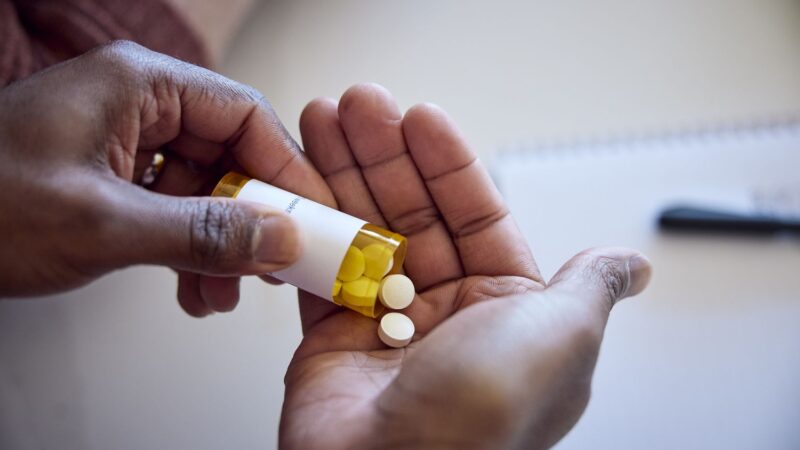8 Helpful Tips to Recover from Surgery

Having surgery done, regardless of how extensive or invasive, usually affects all areas of a person’s life.
Your body will take some time to repair the tissues and bones that have been operated on.
While the rate of healing depends mostly on the immune system and the type of surgery done, there are ways by which you can positively influence the speed of care during your recovery.
Some of these helpful methods might be difficult and painful to carry out; however, they have been tested and proven to produce results and enhance rapid healing.
Here are eight ways by which you can help your body achieve a speedy recovery;
Follow your recovery plan
As you get discharged from the hospital, you will be given a set of instructions that will serve as a guide for the do’s and don’ts which you should abide by.
Try as much as possible to follow these instructions, even if some seem insignificant to you.
Every instruction has a specific impact on your rate of recovery and disregarding any one of them means you are throwing away the benefits that you could have derived from your physician’s expertise.
Keep your appointments
A series of doctor’s appointments will most likely be scheduled for a couple of days after the surgery and the weeks and months following.
It would be to your best interest to attend all the scheduled visits, even when you are feeling better.
There are specific parameters which your physician will use to determine your health status that you might not be aware of. Therefore, keeping your appointments can aid your recovery.
Follow a gradual process
After undergoing surgery, it is expected you will not be at your average level of strength and stamina.
Hence, trying to go back to your usual way of life to quickly might be counterproductive.
For the initial period after surgery, it is advised to reduce the activities you carry out to the bare minimum until your body gets back to its optimal level.
This means hiring services like Houseproud house cleaning to keep your house sparkling clean, ordering groceries online or making use of crutches, wheelchairs or scooters to move around.
Use home care services
You might need the assistance of a professionally trained healthcare personnel, especially if you have undergone a major procedure like open-heart surgery.
You can hire a physical therapist to assist you in getting mobile again, a nursing aide to help tend to your surgery site or an occupational therapist to help improve your mental and emotional state.
Maintain a healthy diet
A meal plan that comprises all the major food groups will provide your body with the nutrients it needs to recover quickly.
Eat foods rich in protein like eggs, beans and lean meats as these are the primary building blocks that aid the repairing of tissues.
You should also eat foods that have vitamins such as fruits and vegetables. Try to limit the amount of carbonated, greasy and sugary foods you eat as your body needs healthy foods to aid recovery.
Tend to your surgery site properly
Proper care has to be taken when tending to your surgery area to reduce the risk of infection and reopening of the incision.
The following precautions should be taken;
- Wash your hands properly before touching the site
- Use only the materials prescribed by your doctor to dress the wound
- Avoid submerging the incision in water
- Monitor the site carefully for signs of infection
Take your medications
The drugs prescribed by your physician are meant to give your body the materials it needs to heal properly.
Whether pain medications or antibiotics, taking your medicines according to the given dosage is a sure way to enhance your recovery. It would be best if you continue using the drugs until you receive the all-clear from your doctor.
Stay mobile
Ensure that you move your limbs and stay in motion at various intervals during the day.
If you are still on bed rest, stretch your arms and legs, wiggle your toes and flex your joints to promote blood flow.
If your doctor gives you the all-clear, start taking short walks, increasing the distance as your strength returns.






